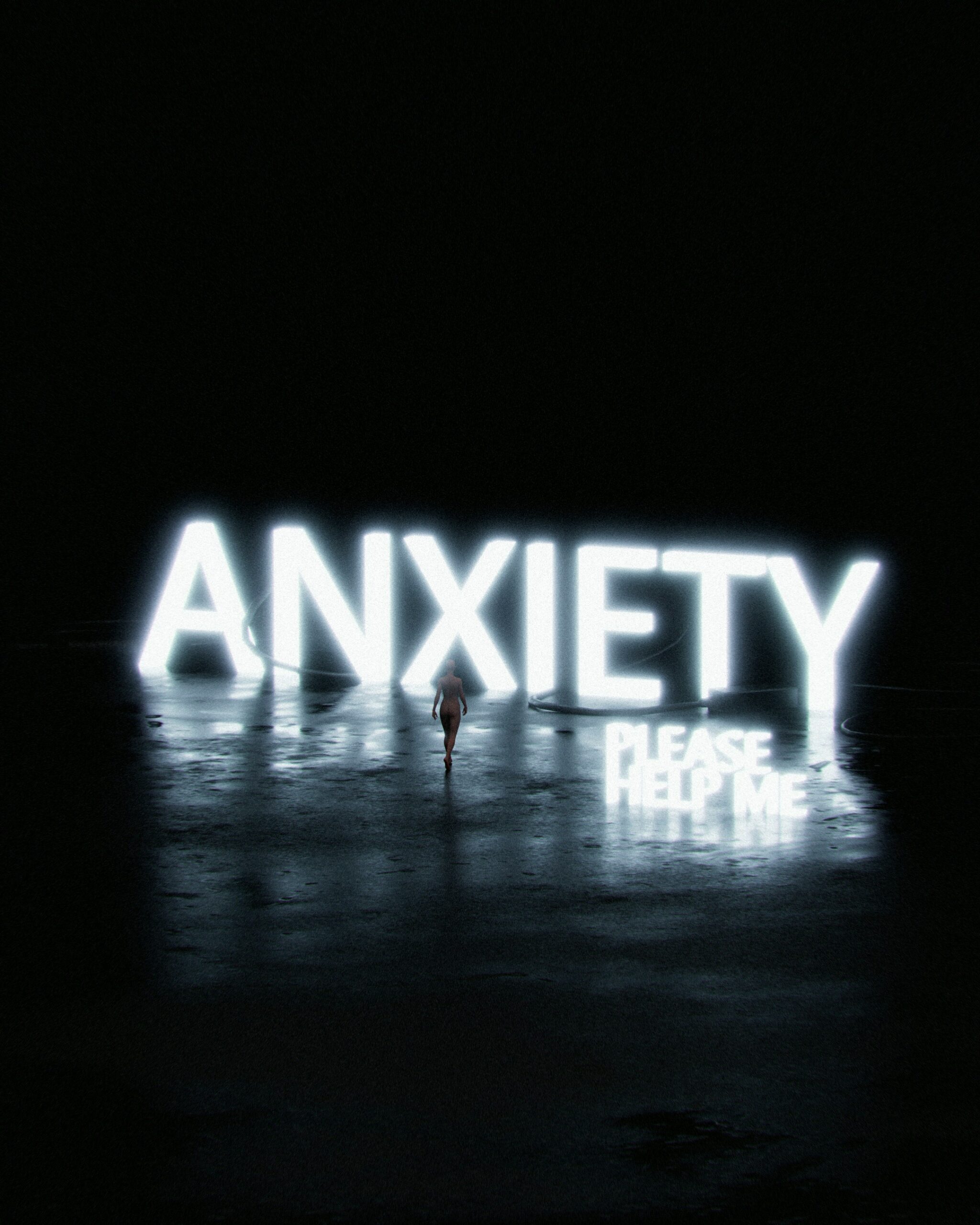Navigating the Maze of School Anxiety
Why Are Teens Hiding in School Toilets? Understanding Back to School Anxiety
Teenager refusing school? You’re not alone. More and more parents are watching their children freeze at the school gates, cry in the car, or retreat to the toilets rather than attend lessons. It’s easy to feel helpless, but beneath the shutdown is often something deeper: unspoken anxiety, skipped meals, or undiagnosed neurodivergence. This blog explores the real reasons behind school refusal and offers simple, effective strategies to help you support your teen without experiencing burnout.
Unpacking School Anxiety
Back to School Anxiety: What’s Really Going On?
You hear it again and again:
➔ “My teenager won’t go in.”
➔ “They’re hiding in the toilets.”
➔ “They’re crying before school, but they don’t know why.”
They’re exhausted, anxious, sometimes even nauseous with worry, but they don’t have the language for it.
Parents are left scratching their heads. Is it laziness? Burnout? Defiance?
Let me gently say this: it might be none of those things.
It might be something simpler… or something deeper.
Exploring Neurodivergence
Could It Be Undiagnosed Neurodivergence? ADHD, Autism and School Avoidance
From my work as a therapist, here’s what I often find beneath the surface:
-
🧠 Undiagnosed neurodivergence (like ADHD, autism, dyslexia)
-
🍽️ Missed meals or poor nutrition
-
😟 Anxiety around eating or fear of being sick at school
-
🛌 Poor sleep due to cortisol spikes and dysregulated serotonin
-
🤯 Total overwhelm, and no idea how to ask for help
We rush to GPs, school counsellors, mental health referrals…
But few people ask one of the most powerful questions:
“What did you eat today?”
Exploring the Role of Diet in Emotional Well-being
Food, Anxiety, and Emotional Regulation in Teens
Food isn’t just fuel. It’s brain chemistry.
When teens skip meals, especially breakfast, their serotonin drops, their blood sugar crashes, and their anxiety skyrockets.
Add in undiagnosed ADHD or autism (which affects interoception and hunger cues), and they might not feel hungry… until it’s too late.
What happens next?
➔ They feel shaky, sick, and snappy.
➔ They shut down.
➔ They hide.
Practical Nutrition Tips for Neurodivergent Teens
Real Life as a Parent (What I Wish I’d Known Sooner)
As a mum of two now-grown kids, I get it.
The most important thing was making sure they were ready.
Uniform sorted. Homework packed. Out the door on time.
But if I could rewind, I’d focus more on this one question:
Have they eaten something that will carry them through the day?
Even now, I remember the stress calls:
“Mum, can you put money on my finger? I’m starving.”
And truthfully, buying snacks at the shop often costs more, financially and emotionally, than a packed lunch ever would.
Nutritious Snacks for Academic Success
Back-to-School Fuel: Food Ideas That Actually Help
Strategies to Curb After-School Snacking
What Can Parents Actually Do?
Here’s the truth: when a teenager is on the brink of school refusal, we don’t need perfection; we need practicality.
We’re not talking gourmet lunches or dietitian-level macros.
We’re talking grab-and-go options that tick three boxes:
🧠 fuel the brain
🍽️ are realistic for rushed mornings
🚫 won’t get confiscated due to school allergy policies
Here are some parent-tested, neurodivergent-friendly ideas:
On-the-go breakfast drinks
-
Weetabix drinks (yes, they’re still around!)
-
Yazoo or Frijj milkshakes, protein + sugar = better than nothing
-
HUEL mini shakes or Upbeat protein drinks
-
Smoothies in a reusable pouch, pre-blended fruit + oats + yoghurt
Snack box ideas (for those who can’t face the canteen)
-
Pre-sliced Babybel or Cheddar cubes
-
Cooked chicken strips (the supermarket kind, ready to eat)
-
Apple slices or grapes with a cheese dipper
-
Mini wraps rolled with ham, cheese, or hummus (school-safe alternative to peanut butter)
-
Rice cakes with sunflower seed butter or cream cheese
-
Fruit winders, breakfast biscuits, or BelVita bars (easy carb hit)
-
Yoghurt pouches, no spoons, no mess
-
Frozen berries or melon chunks in a Tupperware (refreshing and blood-sugar balancing)
After-school hunger busters
Teens often binge on sugar when they walk through the door, not out of greed, but out of panic. Their bodies are starving.
You don’t need to spend hours cooking. Try this:
-
Jacket potatoes in the oven on low while you’re out
-
Pasta salad in the fridge (pasta, tuna, sweetcorn, mayo)
-
Spag bol leftovers from the night before
-
Toast station: pre-cut sourdough + toppings like jam, cheese, or avocado
Think: colourful, carby, comforting, quick.
Supporting Teens Without Burning Out
Parental Guidance: Balancing Support and Self-Care
Teenagers are wired to seek independence. But when they’re burnt out or struggling, they need structure more than ever, even if they can’t say it.
You’re not “babying” them by prepping food. You’re:
-
Supporting brain function
-
Helping them feel safe
It’s not about controlling their choices, it’s about giving them a strong foundation so they can make informed choices.
Recognizing Teen Anxiety and Eating Issues
Signs It’s More Than Just a Phase
If your teen:
-
Refuses to eat in front of others
-
Is losing weight or hiding food
-
Says they feel sick but can’t explain why
-
Spends breaktime alone or in the toilets
…this might be more than school anxiety.
It could be the start of an eating disorder.
It could be undiagnosed ADHD, masking, or sensory overload.
You’re not overreacting. You’re being observant, and that matters.
Final Thoughts: There Is a Way Through
This isn’t about adding more to your plate as a parent.
It’s about simplifying, supporting, and spotting the signs early, before burnout becomes breakdown.
The question isn’t “what’s wrong with them?”
The question is:
What do they need right now, and how can we meet that need with love, structure, and food that helps?
Join Our Community of Insightful Support
Want more like this? If you found this blog helpful, I share honest, trauma-informed insights every single week on recovery, self-worth, and what it means to feel good in your skin. ➔ Sign up here to get weekly support straight to your inbox. No spam. Just words that lift you up.
Becky Stone
I’m Becky Stone, a qualified eating disorder therapist based in the UK. I work with both teens and adults, offering a calm and non-judgmental space to explore what recovery truly means, on your terms.
With a background in supporting people through anorexia, bulimia, binge eating, and body image struggles, I know how complex and personal this journey can be.
I specialise in supporting neurodivergent individuals, including those with ADHD and autism, and I believe in flexible, shame-free recovery. I often use tools like the Recovery Record app to help clients track progress in a way that feels empowering, not overwhelming.
At the heart of my approach is trust, trust in yourself, in the process, and in the idea that recovery is possible. It’s not about perfection. It’s about rebuilding a safe relationship with food, with your body, and with yourself.







